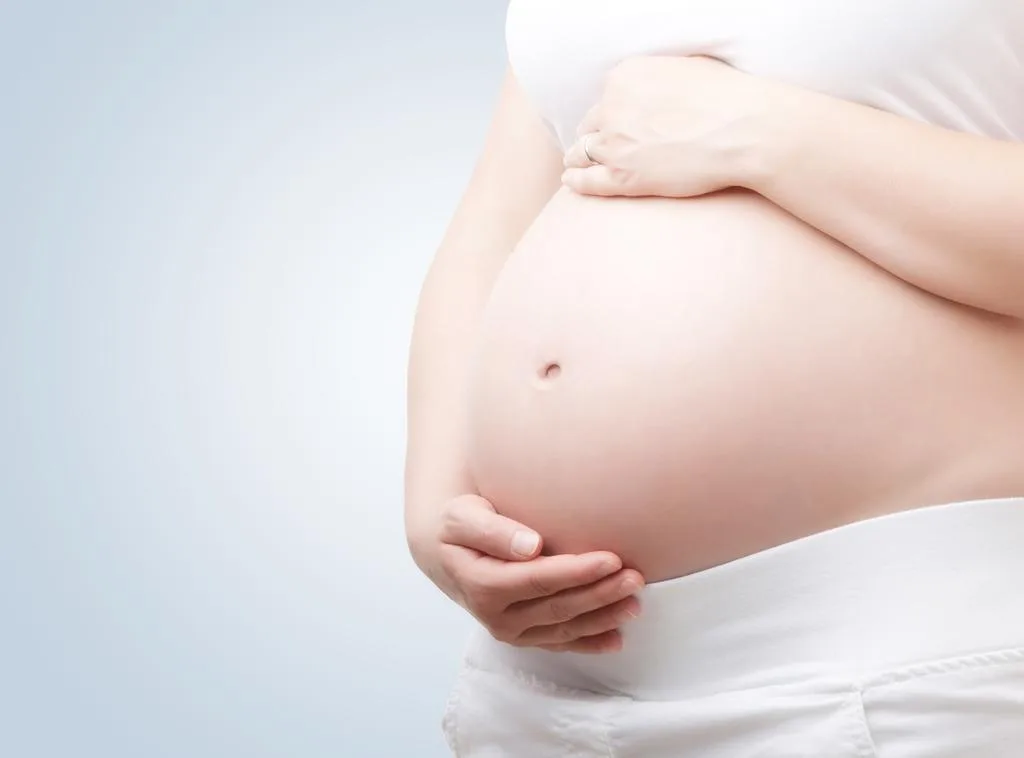A large-scale study involving over 100,000 participants has found that maternal marijuana use during early pregnancy is not associated with an increased risk of offspring developing attention deficit hyperactivity disorder (ADHD) or disruptive behavior disorders (DBD).

The study, titled Prenatal Cannabis Use and Offspring Attention Deficit Hyperactivity Disorder and Disruptive Behavior Disorders: A Retrospective Cohort Study, was published in the Journal of Developmental & Behavioral Pediatrics and was conducted by researchers from Kaiser Permanente Northern California, the University of California, and The Permanente Medical Group.
The researchers analyzed data from 141,570 children born between 2011 and 2018 to 117,130 pregnant individuals in Northern California. All participants were screened for prenatal cannabis use during early pregnancy, defined as self-reported use or a positive toxicology test. The study aimed to assess any potential links between prenatal marijuana use and diagnoses of ADHD or DBD in the children by age 11.
The results showed that 4.6% of the pregnant individuals used cannabis during pregnancy, with the frequency ranging from daily to less frequent use. However, the researchers found no association between maternal marijuana use and ADHD in children, with an adjusted hazard ratio (aHR) of 0.84, and no evidence that the frequency of use impacted the outcome. Surprisingly, there was an inverse association between prenatal marijuana use and DBD, suggesting that children of cannabis-using mothers were slightly less likely to develop disruptive behavior disorders (aHR: 0.83).
The researchers noted that while these findings are important, they do not suggest that marijuana use during pregnancy is without risk. The study controlled for various factors, including maternal demographics, substance use, and medical history, but further research is needed to fully understand the long-term effects of prenatal cannabis exposure.
Below is the study’s full abstract:
Abstract
Objective: To examine whether maternal cannabis use during early pregnancy is associated with offspring attention deficit hyperactivity disorder (ADHD) and disruptive behavior disorders (DBD).
Methods: We conducted a population-based retrospective birth cohort study of children (N = 141,570) born between 2011 and 2018 to pregnant individuals (N = 117,130) in Kaiser Permanente Northern California universally screened for any prenatal cannabis use at the entrance to prenatal care (at ∼8-10 wk gestation). Prenatal cannabis use was defined as (1) self-reported use and/or a positive toxicology test, (2) self-reported use, (3) a positive toxicology test, and (4) self-reported use frequency. Cox proportional hazards regression models adjusting for maternal characteristics (sociodemographics, other substance use and substance use disorders, prenatal care initiation, comorbidities) examined associations between prenatal cannabis use and offspring ADHD and DBD diagnosed by age 11 years.
Results: The sample of pregnant individuals was 27.2% Asian/Pacific Islander, 5.7% Black, 24.5% Hispanic, and 38.8% non-Hispanic White, with a mean (SD) age of 30.9 (5.2) years; 4.6% screened positive for any cannabis use (0.4% daily, 0.5% weekly, 1.1% monthly or less, 2.7% unknown frequency); 3.92% had a positive toxicology test and 1.8% self-reported use; 7.7% of offspring had ADHD and 6.8% had DBD. Maternal prenatal cannabis use was not associated with ADHD (adjusted hazard ratio [aHR]: 0.84, 95% CI, 0.70-1.01), and there was an inverse association with DBD (aHR: 0.83, 95% CI, 0.71-0.97), which remained when cannabis was defined by toxicology testing but not by self-report. Frequency of use was not associated with outcomes.
Conclusion: Maternal prenatal cannabis use was not associated with an increased risk of offspring ADHD or DBD.







